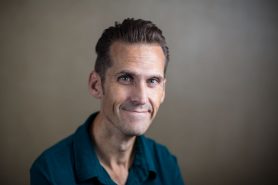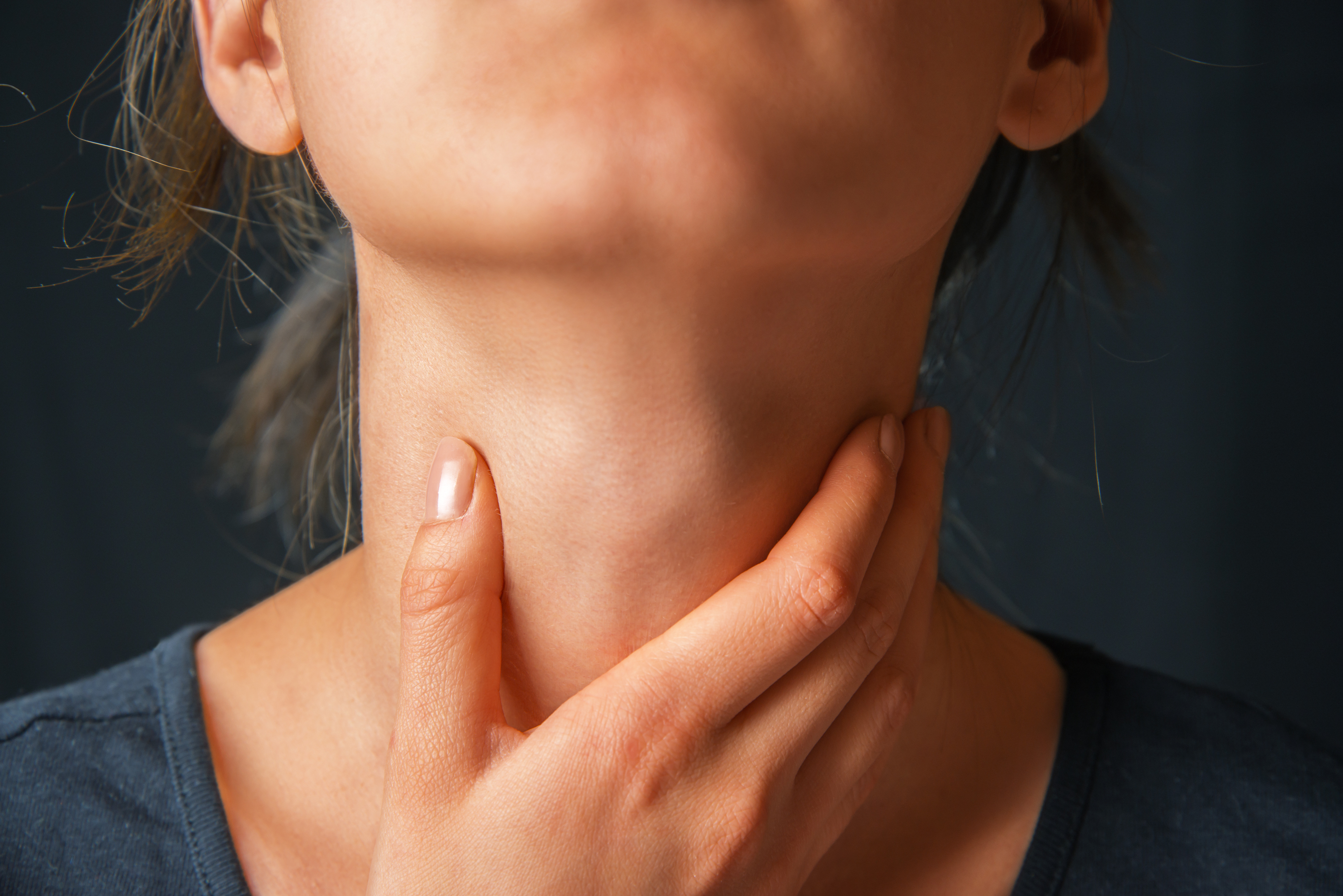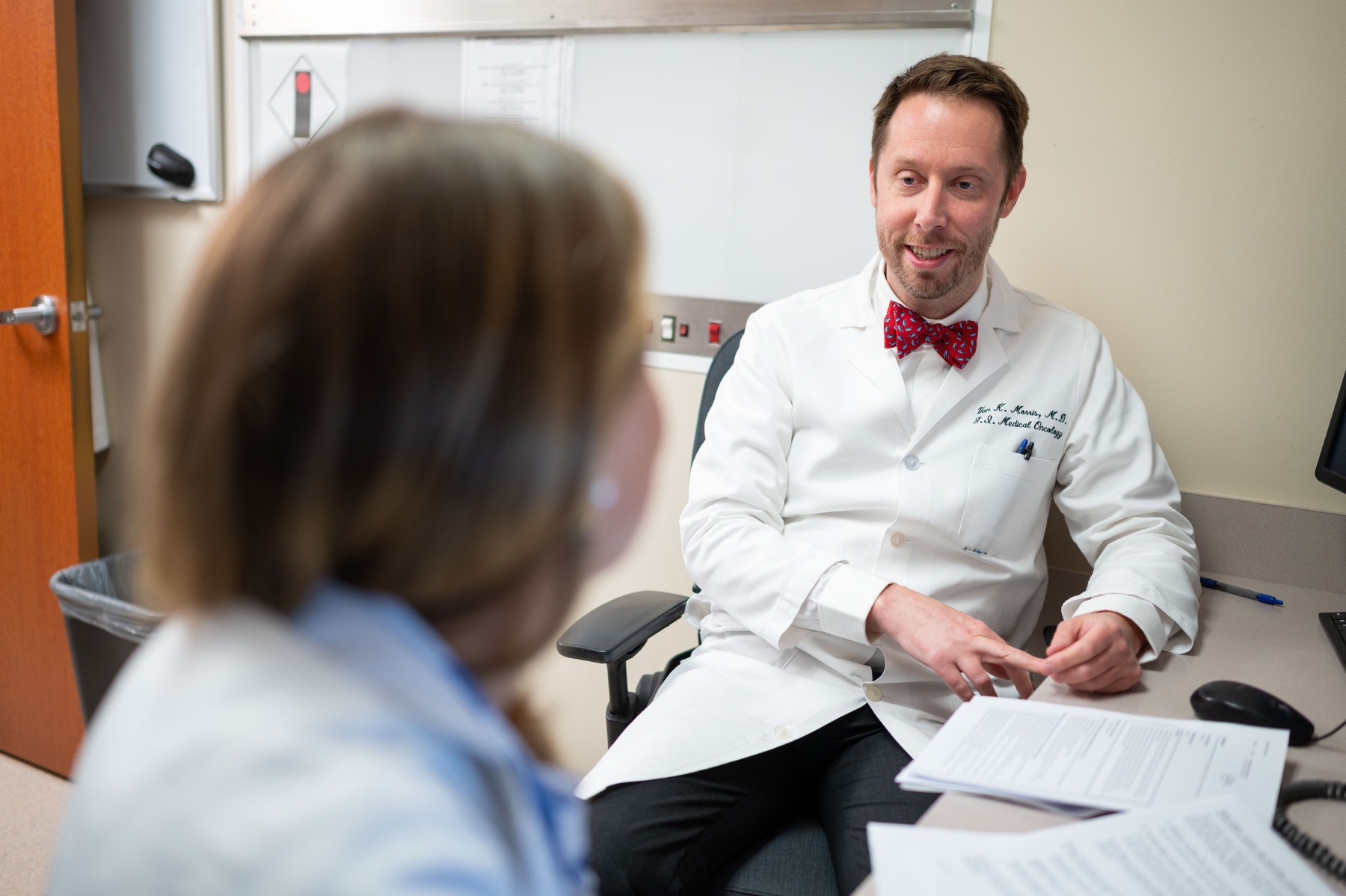- Diseases
- Acoustic Neuroma (14)
- Adrenal Gland Tumor (24)
- Anal Cancer (66)
- Anemia (2)
- Appendix Cancer (16)
- Bile Duct Cancer (26)
- Bladder Cancer (68)
- Brain Metastases (28)
- Brain Tumor (230)
- Breast Cancer (718)
- Breast Implant-Associated Anaplastic Large Cell Lymphoma (2)
- Cancer of Unknown Primary (4)
- Carcinoid Tumor (8)
- Cervical Cancer (154)
- Colon Cancer (164)
- Colorectal Cancer (110)
- Endocrine Tumor (4)
- Esophageal Cancer (42)
- Eye Cancer (36)
- Fallopian Tube Cancer (6)
- Germ Cell Tumor (4)
- Gestational Trophoblastic Disease (2)
- Head and Neck Cancer (6)
- Kidney Cancer (124)
- Leukemia (344)
- Liver Cancer (50)
- Lung Cancer (288)
- Lymphoma (284)
- Mesothelioma (14)
- Metastasis (30)
- Multiple Myeloma (98)
- Myelodysplastic Syndrome (60)
- Myeloproliferative Neoplasm (4)
- Neuroendocrine Tumors (16)
- Oral Cancer (100)
- Ovarian Cancer (170)
- Pancreatic Cancer (164)
- Parathyroid Disease (2)
- Penile Cancer (14)
- Pituitary Tumor (6)
- Prostate Cancer (144)
- Rectal Cancer (58)
- Renal Medullary Carcinoma (6)
- Salivary Gland Cancer (14)
- Sarcoma (236)
- Skin Cancer (296)
- Skull Base Tumors (56)
- Spinal Tumor (12)
- Stomach Cancer (60)
- Testicular Cancer (28)
- Throat Cancer (90)
- Thymoma (6)
- Thyroid Cancer (98)
- Tonsil Cancer (30)
- Uterine Cancer (78)
- Vaginal Cancer (14)
- Vulvar Cancer (18)
- Cancer Topic
- Adolescent and Young Adult Cancer Issues (20)
- Advance Care Planning (10)
- Biostatistics (2)
- Blood Donation (18)
- Bone Health (8)
- COVID-19 (362)
- Cancer Recurrence (120)
- Childhood Cancer Issues (120)
- Clinical Trials (628)
- Complementary Integrative Medicine (24)
- Cytogenetics (2)
- DNA Methylation (4)
- Diagnosis (230)
- Epigenetics (6)
- Fertility (64)
- Follow-up Guidelines (2)
- Health Disparities (14)
- Hereditary Cancer Syndromes (124)
- Immunology (18)
- Li-Fraumeni Syndrome (8)
- Mental Health (118)
- Molecular Diagnostics (8)
- Pain Management (62)
- Palliative Care (8)
- Pathology (10)
- Physical Therapy (18)
- Pregnancy (18)
- Prevention (898)
- Research (392)
- Second Opinion (74)
- Sexuality (16)
- Side Effects (604)
- Sleep Disorders (10)
- Stem Cell Transplantation Cellular Therapy (216)
- Support (404)
- Survivorship (322)
- Symptoms (184)
- Treatment (1776)
Savoring life after my stomach cancer diagnosis
4 minute read | Published February 03, 2017
Medically Reviewed | Last reviewed by an MD Anderson Cancer Center medical professional on February 03, 2017
The connection between what we eat and how we feel is so elementary, yet for some reason we forget or push it to the side.
But as a guy without a stomach, I don’t have the luxury of breaking down the fats, oils and sugars found in many foods with stomach acid. In my situation, I get either the benefits or the negatives of those foods right away. So I have become a hyper-focused foodie.
My stomach cancer diagnosis
I had my stomach and esophagus surgically removed after my July 2005 stomach cancer diagnosis.
It all started with a trip to the emergency room, and what I thought were heart attack symptoms: chest tightness and difficulty swallowing. It was the day before my 33rd birthday, and just a few weeks after I’d finished taping the finale for the “Next Food Network Star.”
The ER doctors discovered a tumor at the junction of my stomach and esophagus, and recommended surgery.
Why I chose MD Anderson
The decision to come to MD Anderson for treatment was almost a no-brainer. My family wanted me to go to the best place in the country, and stomach cancer is such an uncommon beast that we knew we wanted a place that had seen this not tens of times, not hundreds of times, but thousands of times.
We also never wanted to second-guess ourselves like we did with my sister, who died of breast cancer in 2004. We still found ourselves asking questions like, “What if we had gone to the best place? What if we had gotten her the best care?” So we decided from the beginning, whatever comes after this point, at least we went to the best place.
Living with a ‘stomophagus’
At MD Anderson, I met with surgeon Wayne Hoffstetter, M.D. Originally, his plan was to remove the tumor and the top half of my stomach. But during the surgery, he found that the cancer had spread. So he removed half of my esophagus, too, and put together what he jokingly called my “stomophagus,” because it wasn’t quite a stomach and it wasn’t quite an esophagus.
I lived with that for better part of five years but had complications throughout. Every time he’d repair my stomophagus, it would leak again. But at no point did my doctors give up. Where others might say, “Look, we’ve done all we can,” MD Anderson just kept saying, “Let’s try this. Let’s try this.”
Quality of life today better without a stomach
Finally, after two incredibly dangerous brain infections caused by a leaky gut, Dr. Hoffstetter performed what he called a “supercharged, jejunal interposition.” During that surgery, he removed all of my stomach and what was left of my esophagus, then took my jejunum and moved it to where my esophagus used to be.
It was a pretty radical operation, but it allowed Dr. Hoffstetter to use my existing plumbing just by rethinking how it could work. He had to remove two ribs in the process, but by doing so, he was able to build a new system. Now, I have a better quality of life with no stomach at all than I did with half a stomach. And I can eat pretty much anything I want, except spicy foods or sweets.
Savoring food like never before
Today, I spend my time teaching others how to survive this cancer game. But if I start talking about the negatives, people immediately start blanking out, so I try to focus on the positives. Like, what is it about kale that makes it a superfood? And why are blueberries anything but delicious?
Having been told three times now that I might not have a tomorrow, today I genuinely eat like there’s no tomorrow. Every meal I have, whether it’s a handful of fruit at lunch, a piece of locally made cheese, or a couple of figs off a tree, I try to make it something I would be proud to call my last meal. It doesn’t mean it’s expensive or took a lot of effort to produce. It’s just genuine, honest food.
I don’t do this in a morbid or an “Oh my God, we’re all gonna die!” kind of way — just in a very celebratory, conscious way. And I try to inspire others to do the same thing. Because the connection between what we eat and how we feel is undeniable.
Request an appointment at MD Anderson online or by calling 1-888-509-0231.
Related Cancerwise Stories

I have a better quality of life with no stomach than I did with half a stomach.
Hans Rueffert
Survivor





